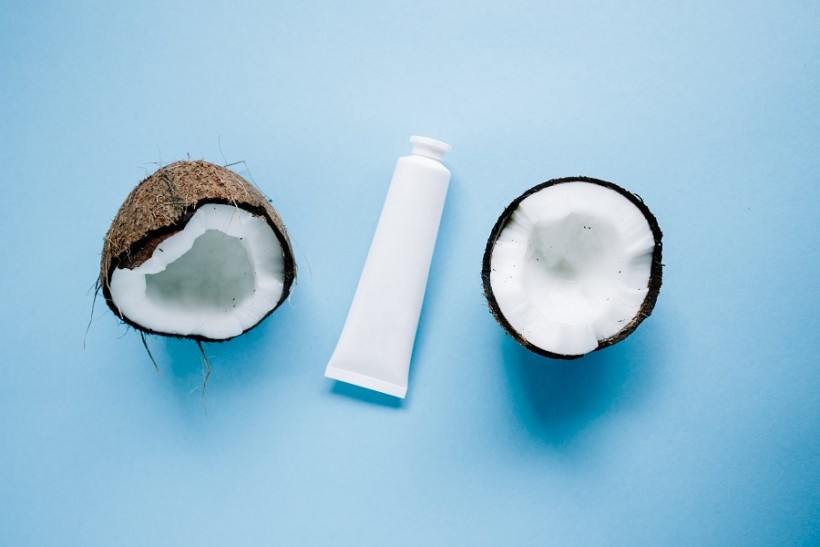More and more people are discovering the benefits of totally natural, cold-pressed virgin coconut oil.
This article will provide you with the information you need to know about how coconut oil is made from a production point of view and from an environmental and socioeconomic standpoint across the entire supply chain.
So here is a guide to the virgin coconut oil production so you can choose the right coconut oil for your needs.

Virgin coconut Oil: The Ultimate Guide on Different Processes of Producing It
There are two main methods of oil extraction: heated and unheated. These two methods extract the oil from the coconut's white flesh, where all the coconut oil comes from.
Hot-pressed methods
Hot-pressed methods are also known as an 'expeller press,' which extracts the virgin coconut oil from freshly dried coconut kernels. In the agriculture industry, the dried coconut kernels are called 'copra.' There are three main hot-pressed methods you can choose:
1. The Heated Expeller Method
The chemical solvent hexane is applied to crush the dried coconut when heated expellers are used to extract oil from the coconut's meat.The virgin coconut oil extracted through this method usually needs to be further refined unless there could be a risk of residual solvents remaining in the final product.
2. The Centrifuge Method
The Centrifuge method extracts coconut milk from the coconut's meat, and the coconut will remain spun at high speeds within centrifuge to separate the virgin coconut oil from the coconut meat. The spinning process could produce a high amount of heat generated and applied directly to the coconut. The taste and aroma of the coconut remain. It doesn't need further refining. However, this process removes many nutrients when the heat is applied during the spinning process.
3. Chemical extraction
Chemical extraction refined coconut using a chemical distillation process that utilizes harsh solvents like Iye. The process can also do extraction from rancid oil by-products leftover from desiccated coconut flakes. The virgin coconut oil produced using chemical extraction tends to be hydrogenated or partially hydrogenated. The product may be an unnatural extraction process that tends to leave residual solvents in the virgin coconut oil.
Cold-pressed methods:
The product of cold-pressed methods is a much safer and more beneficial virgin coconut oil. The process involves using 'cold-press,' which extracts coconut oil from mature and fresh coconut's meat. Due to the higher labels of oil content found in the mature coconut, it is needed for the cold-pressed methods.
Numerous studies show that cold-pressed raw, virgin coconut oil preserves taste, natural scent, antioxidants, bio-activity, and vitamin E within the coconut, compared to heated methods. This is the reason why cold-pressed virgin coconut oil is often more expensive.
At Virginutty, they only use cold-pressed methods to produce 100 percent natural, unrefined virgin coconut oil. Virgin coconut oil products are made using different cold-pressed methods. However, it prefers to use fermentation techniques or a mechanical screw-press called 'cold-press expeller' to extract oil from fresh coconut meat.
The main difference occurs when the virgin coconut oil is extracted from the coconut, but the first few steps for extraction are similar for the variety of cold-pressed methods.
Check these out:
Coconut Oil Is the Key to this Indulgent Dessert Recipe
Coconut Oil: Underrated but has the Strongest Benefits You Need to Know









